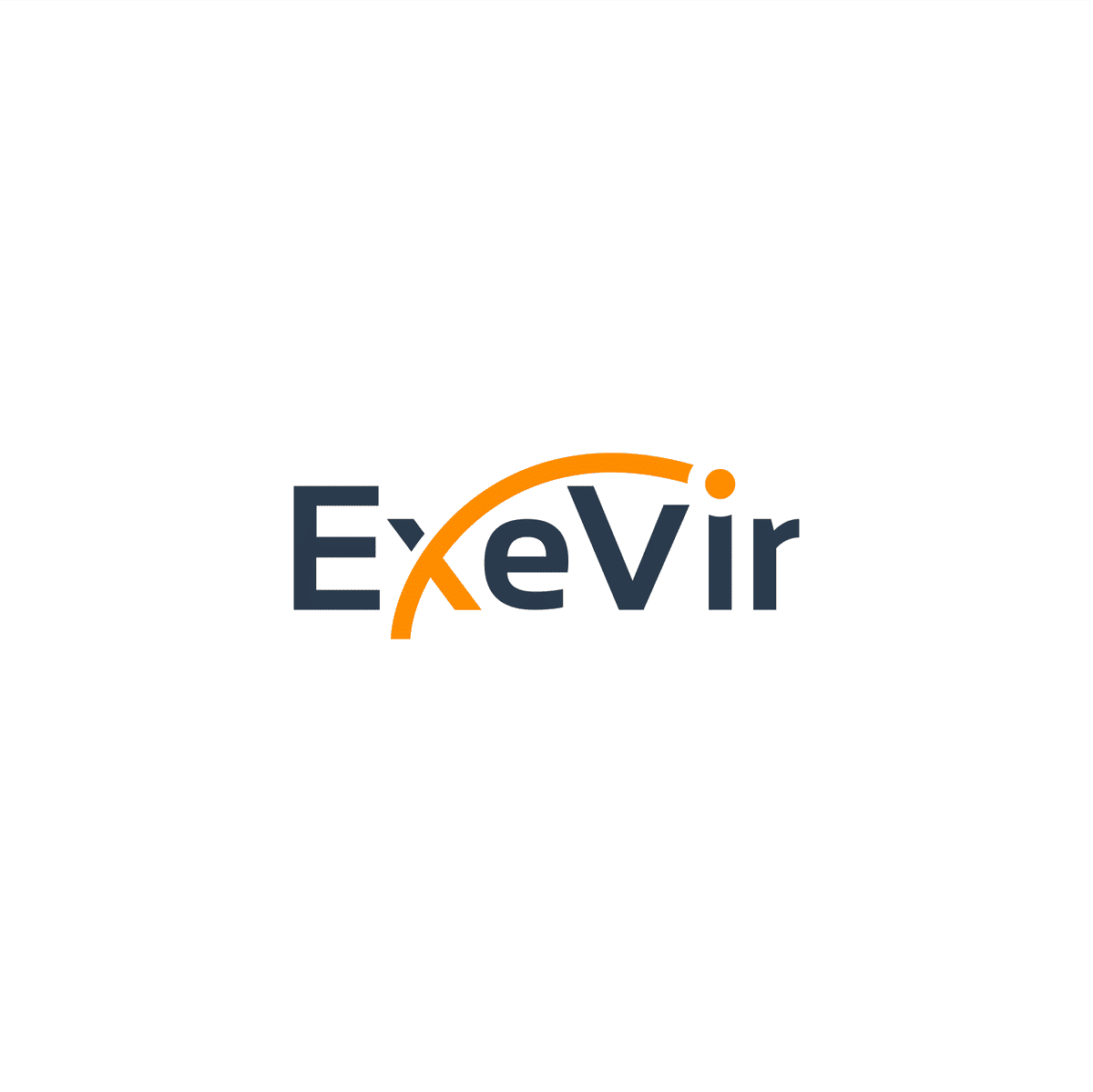XVR013m, a broadly neutralizing VHH-FC antibody consistently shows exceptional neutralization potency across both SARS-CoV-2 pre-Omicron and Omicron variantsGHENT, Belgium, Oct. 17, 2024 (GLOBE NEWSWIRE) -- ExeVir Bio, a biotech company developing robust heavy chain-only antibody therapies for broad protection against infectious diseases, is pleased to announce its participation in ID Week 2024, where it will present a poster on XVR013m, a potent VHH-FC antibody for the prevention and treatment of COVID-19. This year’s conference will be held in Los Angeles from October 16-19, 2024. Poster Title: XVR013m, a broadly neutralizing VHH-FC antibody targeting the S2 subunit of SARS-CoV-2 with high potency.Session: Z4: COVID-19: TreatmentDate & Time: Saturday October 19, 2024; 12:15 PM - 1:30 PM Pacific TimePresenting Author: F. Herschke, Head of Non-clinical DevelopmentVirtual Link/Access: P-2023 The poster will highlight the uniqueness of XVR013m, providing key findings relevant to the protection of the most vulnerable against COVID-19. ExeVir's XVR013m, COVID-19 program focuses on addressing the high unmet medical need to protect and treat immunocompromised and elderly individuals that account for respectively 4% and 10% of the global population. Despite the availability of effective vaccines, the immunocompromised and elderly remain at a higher risk for severe COVID-19 as they are often unable to elicit an adequate immune response to vaccination and therefore would benefit greatly from additional protection in the form of antibody therapeutics. ExeVir is currently making preparations to start the clinical development of the variant-proof XVR013m as a solution for the prevention of COVID-19 in the target populations of immunocompromised and elderly individuals. Dr Jeanne Bolger, CEO of ExeVir and Chair of the Board of Directors, said: “COVID-19 is here to stay and is now clearly established as the most important respiratory infectious disease causing substantially more hospitalizations and deaths compared to influenza and RSV. Unlike flu and RSV, COVID-19 can cause long-term adverse health sequelae in the form of Long COVID, with significant economic and societal burden. It is imperative that we continue to invest in interventions to protect individuals from this disease. We are excited to present our latest findings on XVR013m, an S2 binder aiming to provide consistent and long-lasting protection for the most vulnerable at this year’s ID Week. This presentation underscores our commitment to addressing critical public health challenges and improving outcomes for those most at risk." References 1. Impact of COVID-19 on immunocompromised populations during the Omicron era: insights from the observational population-based INFORM study, Evans et al, The Lancet, 2023.https://www-thelancet-com.libproxy1.nus.edu.sg/journals/lanepe/article/PIIS2666-7762%2823%2900166-7/fulltext. 2. World population above 65 years old: Population ages 65 and above, total | Data (worldbank.org) For more information contact: ExeVir BioVeronique Vandevoorde vvandevoorde@exevir.com About ExeVir Bio ExeVir Bio is a clinical stage biotechnology company developing heavy-chain only antibody therapies focusing on infectious diseases. The company is harnessing its llama-derived antibody (VHH) technology platform to generate multi-specific antibodies for prophylaxis and treatment of infectious diseases. ExeVir’s initial focus is on prevention of COVID-19 for the immunocompromised patient population, including active chemotherapy, immunosuppressive drugs, solid organ transplantation, hematological malignancies, AIDS patients, and for the elderly, where there remains a high unmet need due to the limitations of current vaccines and therapeutic approaches. In addition, ExeVir Bio is actively developing its pipeline to target dengue and bolster pandemic preparedness, addressing critical global health challenges with innovative VHH antibody therapies. ExeVir has demonstrated it can progress its candidates from research to the clinic in under one year, execute early clinical development, and conduct scale-up manufacturing. Leveraging this extensive experience, its XVR013m asset is being developed to start a First in Human clinical trial in 2025. VHHs are smaller in size than whole antibodies, giving them access to hidden epitopes that traditional monoclonal antibodies are unable to reach with potential for deeper tissue penetration and simpler, more cost-effective manufacturing. VHHs can be linked together like building blocks into single multi-specific molecules to tackle different epitopes or act through different mechanisms of action at once, to address more complex and co-evolving infectious diseases. ExeVir is a spin-out of VIB, the leading Belgium-based life sciences research institute. It is backed by strong investors including Fund+, which led the series A of EUR 42 million, together with an international consortium including UCB Ventures, SFPIM, V-Bio Ventures, VIB, Wallonie Entreprendre, Noshaq, Vives IUF and SambrInvest. ExeVir has received support from VLAIO, the SPW-Recherche and the European Union, leading to a total of EUR 18 million in non-dilutive funding. Find out more on ExeVir’s LinkedIn or on ExeVir’s website







